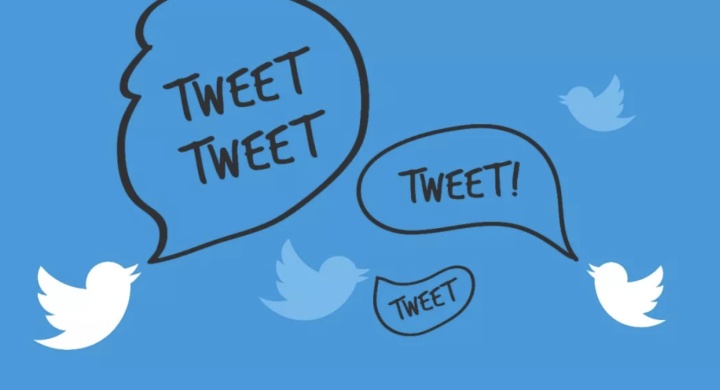Advertisement
Hashtags are a common feature of social media content and are widely used in search engines.
Any topic that aims to appeal to a broad audience usually comes with an impressive subject tag -- # MeToo, # LoveWins, # BlackLivesMatter, # COVID19, #SupremeCourt, etc.

This form of “hashtag + subject word” firstly appeared on Chris Messina’s Twitter in 2007, an open source advocates whose early ideas would later spawn the so-called blog (tears of The Times). Now, #hashtags have become rampant in the social media environment, and appeared regularly in ads and even campaign slogans, and even in spoken language.
But can a hashtag be considered as a word? Is it a new way of making word?
If a linguist knows only one thing, it would be linguistics. But when it comes to hashtags, it gets complicated.
In a study based on thousands of New Zealand English tweets, local linguists have concluded that subject tags are at the most artificial words.
The word
Firstly, let us look at how we usually recognize words.
Advertisement
The simplest way is to follow the native speaker’s intuition.
When we read the above sentence, we will identify each unit separated by space and punctuation. Those basic units are words.... But, when we read “speaker’s”, do we think that's a word?
A non-linguist might think of it as a word. Grammarians might argue that these are two or worse 1.5 words: S with possessive case, not technically a word, but not a non-word either.
But using a space as a word boundary clue is a luxury that applies only to the written language. What about languages that only have spoken forms, such as New Caledonia's Dinlin?
Voice clues (short pauses in the voice) are no longer reliable. Many grammatical words (such as articles (the, a) and prepositions (to, of, at) are frequently used, but are usually unstressed and voiced.
As the linguists Laurie Bauer and Martin Haspelmath have described, almost all standards for words have problems of their own.
Advertisement
- Previous article
- Why is space vacuumed?
- Next article
- San Francisco: Tax adjustment for high paying corporations
Advertisement
OTHER NEWS

Australia Introduced to Parliament Legislation to Force Tech Giants Google and Facebook to Pay for News
BY James

Watch Dogs: Legion Review II
BY Cynthia

Seven Predictions on Global Mobile Games in 2021 (Ⅰ)
BY Bennett

Dating App introduces horoscopes
BY Patricia

Discovery of a 100 years old photograph of the Antarctic
BY Phyllis

Why do Fallen Leaves Make Rails Slippery?
BY Pamela
RECENT NEWS
-

PUBG Mobile Esports Generated 200 Million Hours of Viewing in 2020
-

Mario Kart Tour Races to $200M revenue and 200M Downloads
-

Game Acquisitions Expand Globally in Q1 2021 with 280 Deals Worth $39 Billion Surpassing That in 2020
-

Free Fire Shows Strong Momentum, with Its Revenue Overtaking PUBG Mobile in a Single Market for Q1 2021
-

The Games Fund Launched a $50 Million Early Investment Fund to Invest in American and European Companies
-

How to Download and Install Wyze App for Free?

 1
1 1
1